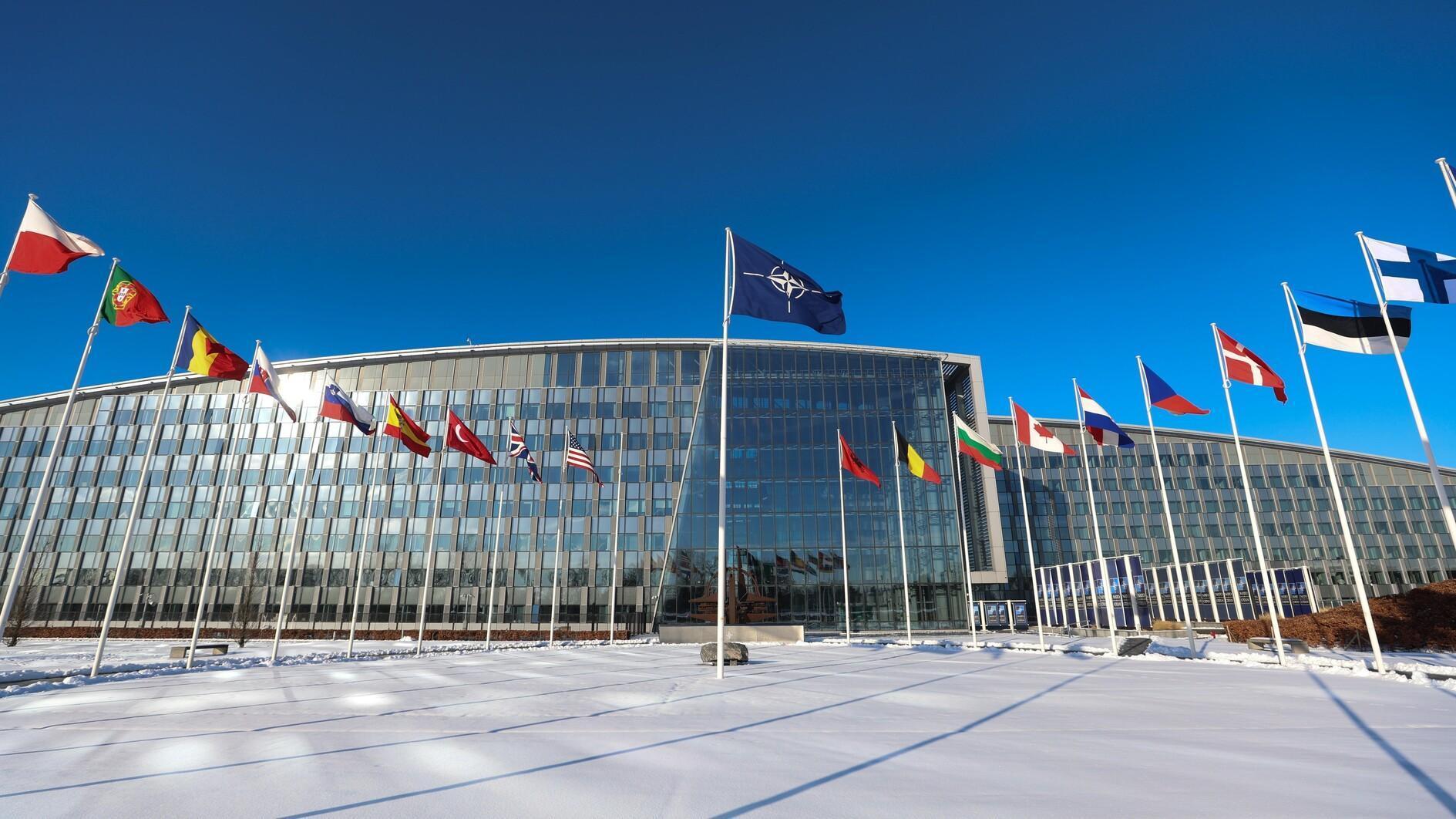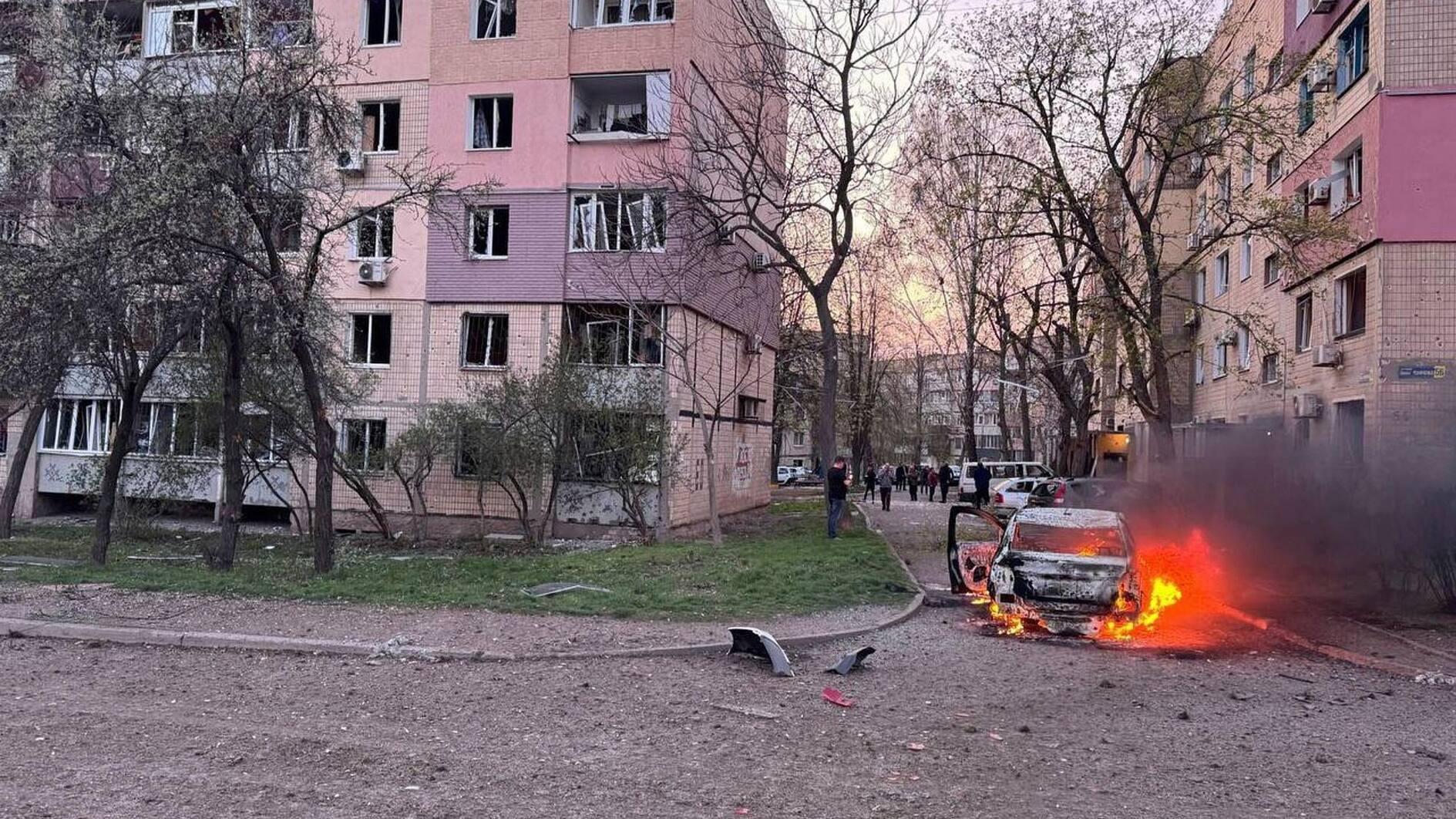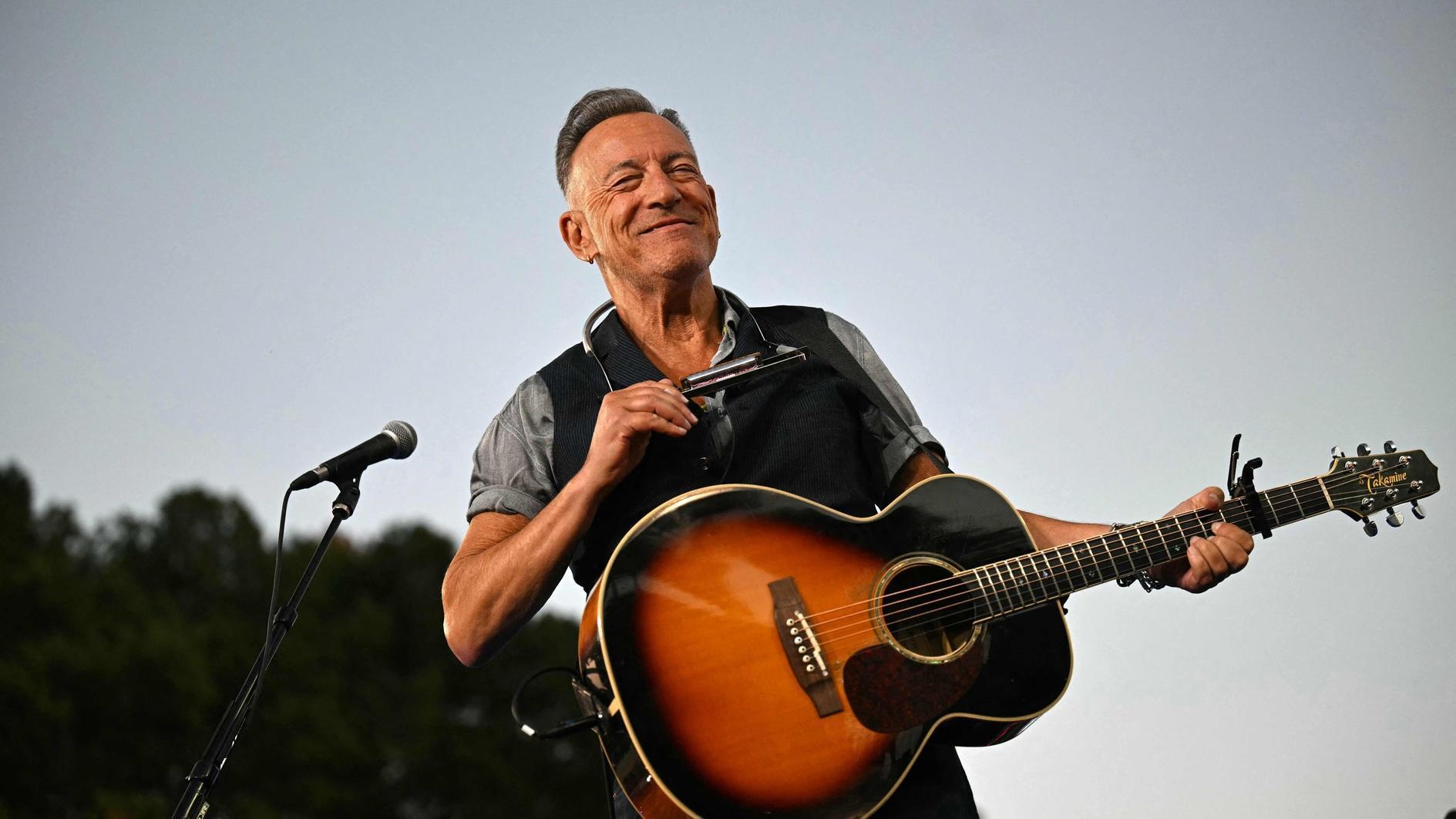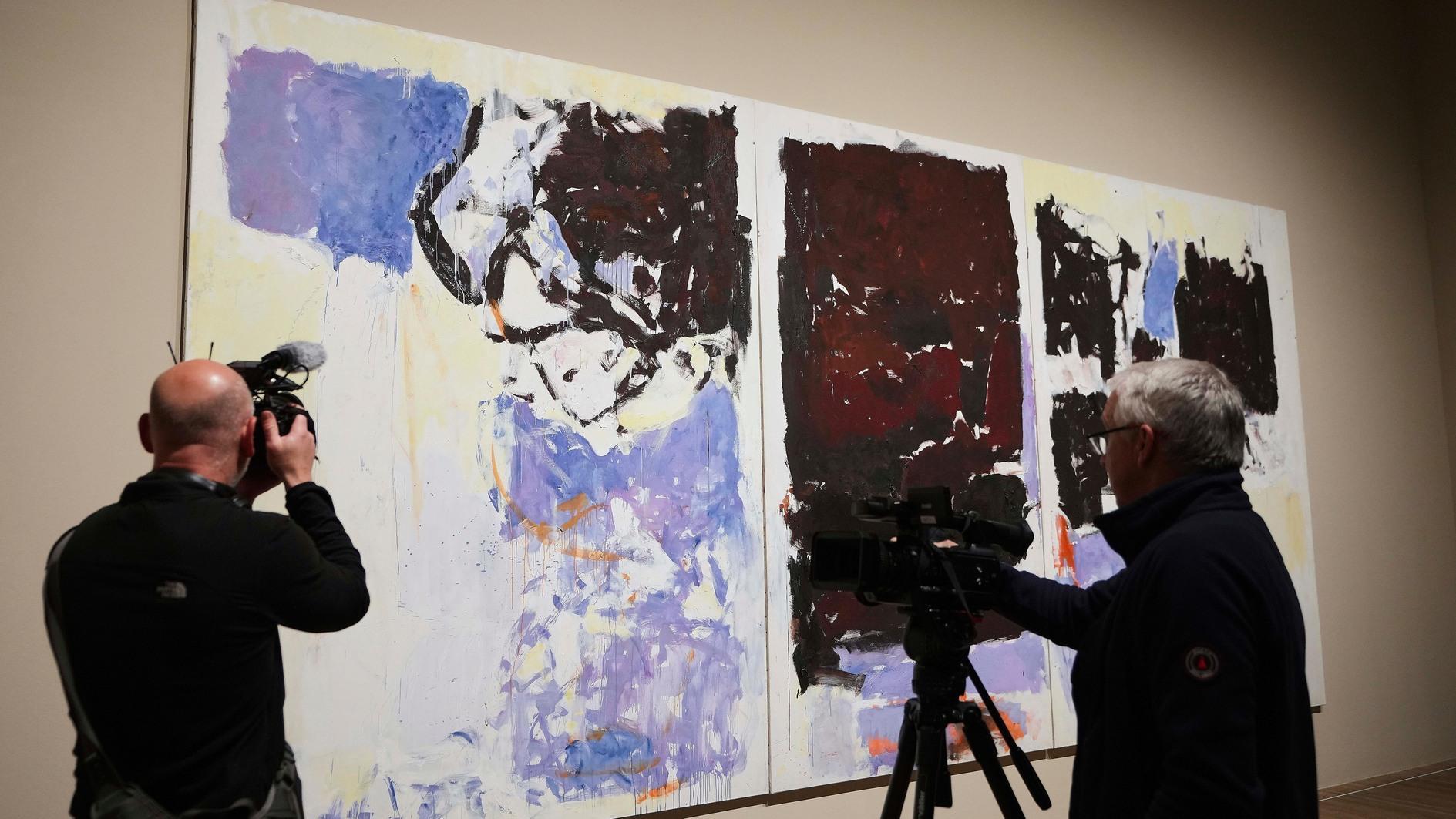Egypt extends presidential vote after low turnout reports
CAIRO - Agence France-Presse
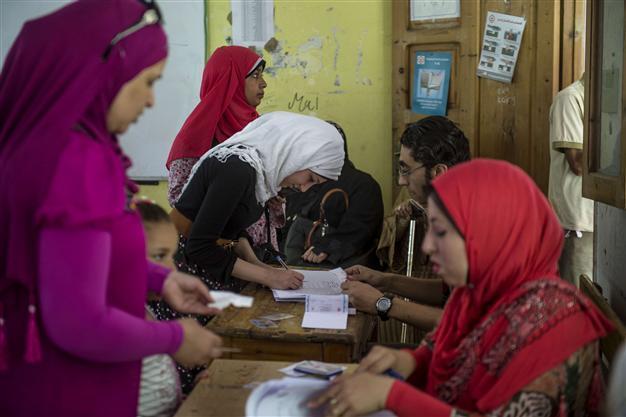
Egyptian woman registers prior to vote at a polling station on the second day of Egypt's presidential election in the capital Cairo on May 27, 2014. AFP Photo
Egypt's presidential election extended into a third day Wednesday, reportedly due to low turnout in the first election since Islamist Mohamed Morsi was overthrown last year.Abdel Fattah al-Sisi, the retired field marshall who toppled Morsi, is expected to easily win, but his campaign had hoped for a large turnout as a decisive show of support.
After reports of a meagre numbers at the polling stations on Monday, Sisi's backers and sympathetic media harangued people to go and vote as Islamists had urged a boycott.
Electoral commission chief Abdel Aziz Salman put the turnout by the end of the second day at about 37 percent of the 53 million electorate, the official MENA news agency reported.
That is well below the almost 52 percent who voted in the 2012 election won by Morsi.
As polling closed on Tuesday, Sisi's sole rival, the leftist Hamdeen Sabbahi, slammed the ballot extension, saying it raised "questions... about the integrity of the process".
The extension into Wednesday was made to "give a chance to the largest possible number of voters to cast their ballots," said an electoral official.
The organisers of the vote said they extended the election because of a "heatwave that resulted in a crowding of voters during the evening hours".
Sisi's campaign also filed a complaint against the extension.
"We had hoped the commission would extend voting each day after 9:00 pm because it is very hot," Sisi's spokeswoman Mona el-Kouedi told AFP.
"But we think an extra day would make voters exert more, and also the judges (overseeing the vote) would tire."
Morsi's Muslim Brotherhood, subjected to a police crackdown that has killed hundreds of its supporters, called for boycott and said it would not recognise the outcome.
So too have key activists behind the 2011 uprising that ousted long-time strongman Hosni Mubarak in 2011. They fear Sisi is an autocrat in the making.
Interim prime minister Ibrahim Mahlab denied there was a low turnout, saying "participation is good".
But some Cairo polling stations were deserted on Tuesday morning.
"I don't want to be part of those responsible for all those people who died," Tarek Salim told AFP at a Cairo cafe.
Another abstainer, Diaa Hussein, complained there was no real choice, saying: "Sisi didn't leave a chance for anyone else to win".
Gamal Abdel Gawad, an analyst at the American University of Cairo, said the extension was unnecessary.
"When the result of an election is already known, there is very little incentive for voters to come out and vote."
Sisi had issued a personal plea for a large turnout on Monday as he cast his ballot.
"The entire world is watching us, how Egyptians are writing history and their future today and tomorrow," he said.
The rival candidates have portrayed the vote as a choice between stability and the freedoms promised by the region's pro-democracy uprisings.
Egypt, the Arab world's most populous nation, has been rocked by turmoil since the 2011 uprising which has ravaged its economy.
Sisi's ouster of Morsi on July 3 triggered the worst peacetime bloodshed in Egypt's recent history, but the ex-army chief has vowed to stamp out the violence.
A big security force deployment prevented any major polling day incidents.
"We need an iron fist to restore the situation," said 63-year-old engineer Kamal Mohamed Aziz, who voted for Sisi.
But civil servant Karim el-Demerdash said he chose Sabbahi, to preserve the gains of the 2011 uprising.
"I am sure that the election results are already decided but this is the last attempt to bring the revolution into power," he said.
Sisi has said "true democracy" will take a couple of decades, and suggested he will not tolerate protests disrupting the economy.
He has also pledged to eliminate the Brotherhood, which won every election following Mubarak's overthrow after being banned for decades.
"Forgery will never grant legitimacy to a butcher nor will it lessen the determination of revolutionaries," the Brotherhood said.
The Islamist movement has been decapitated by a police crackdown that has killed more than 1,400 people and left all of its top leaders in jail or exile.
Morsi himself has been detained and put on trial.
"This election will not wipe the slate clean after 10 months of gross human rights violations," said Hassiba Hadj Sahraoui of Amnesty International.


